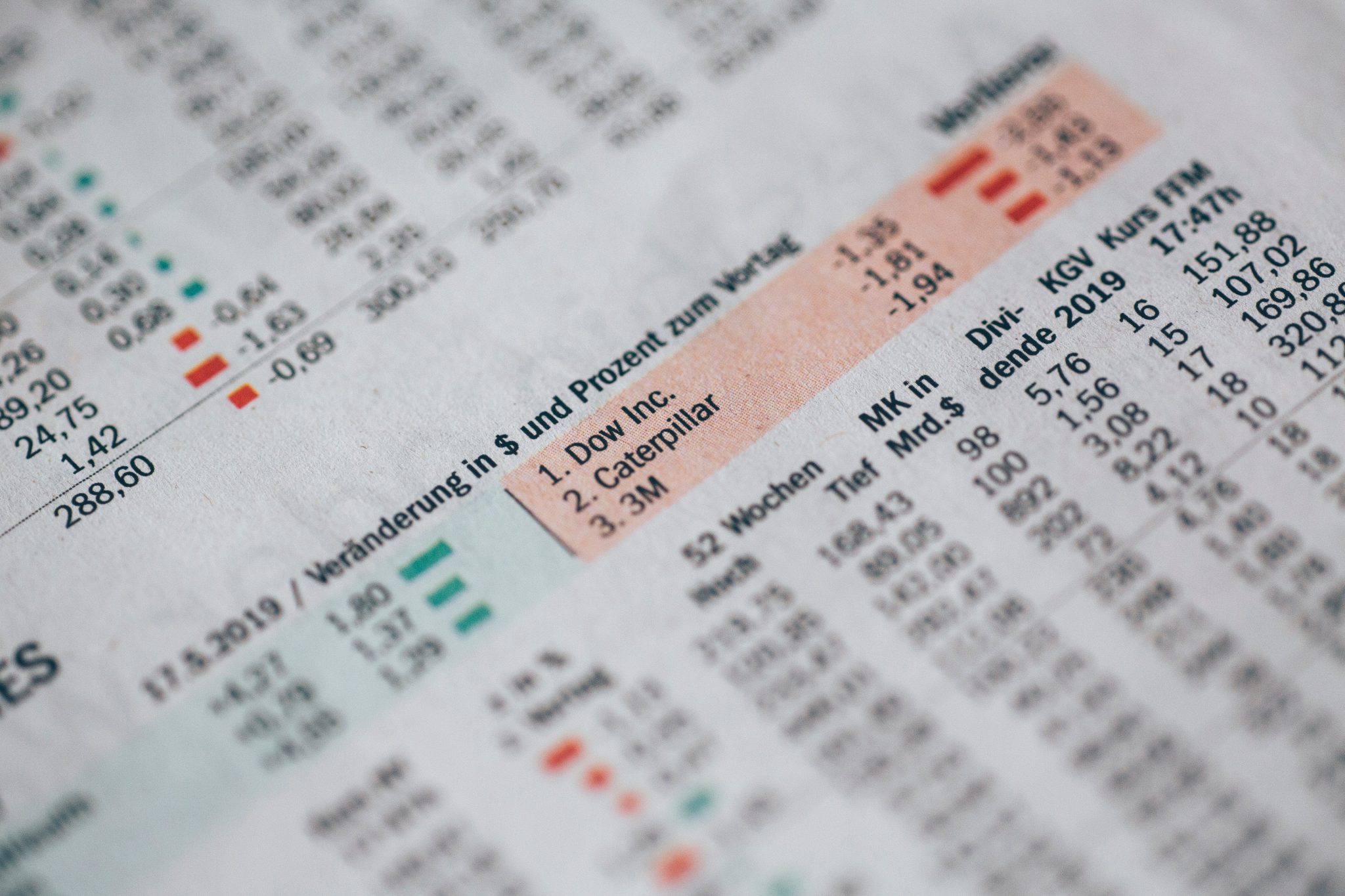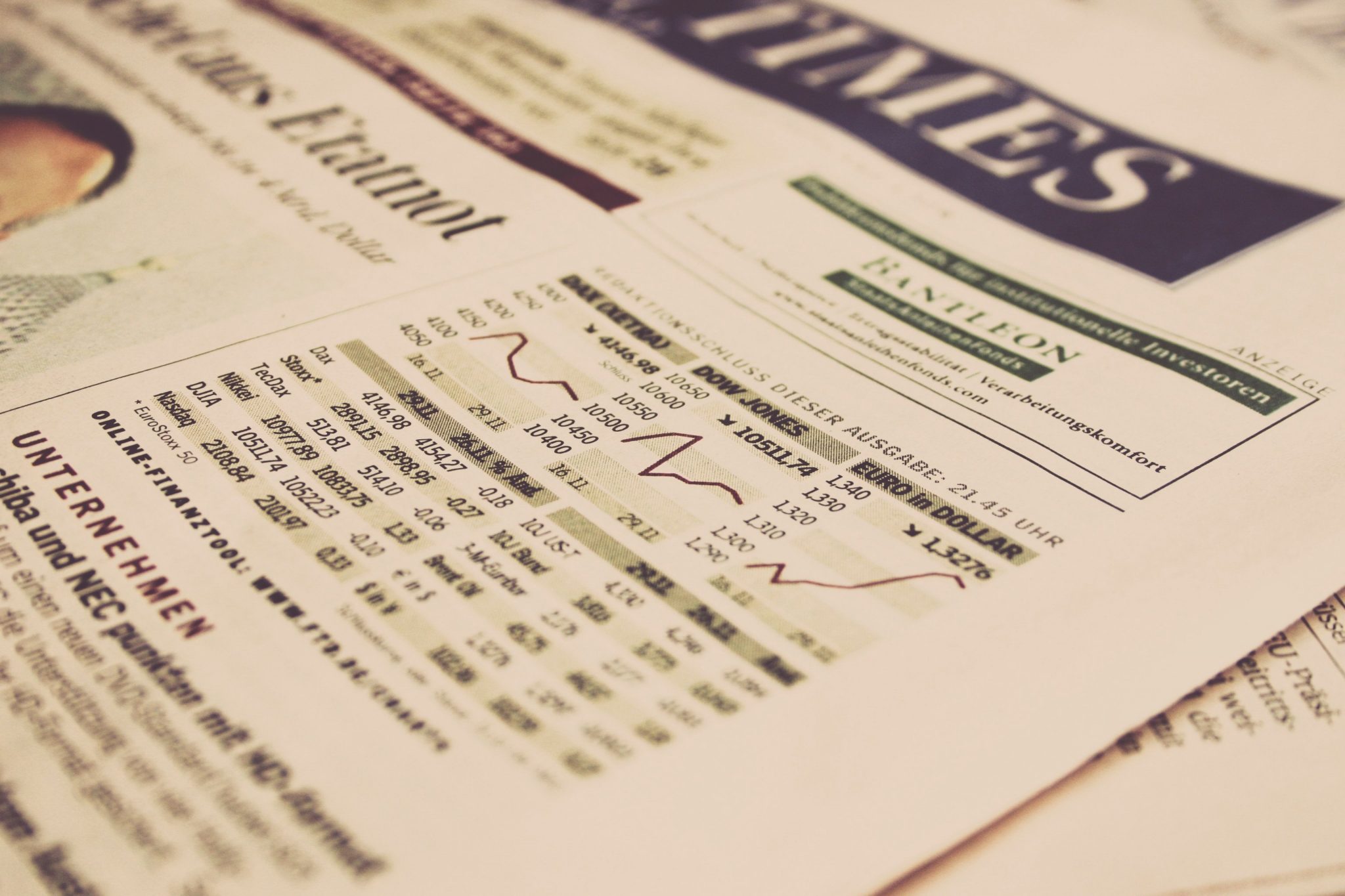It is possible to retire on 500k in retirement savings, but you’ll need to do some careful planning. There aren’t many universal answers to retirement questions like this one. You need an individualized answer. I’m going to show you a simple process for answering this question.
Whether you can or not depends largely on how much you plan to spend. Here’s what you need to consider and how to set yourself up for success.
How Much Do You Plan to Spend in Retirement?
The first thing you need to know to decide if you can retire on 500k is how much you plan to spend. That’s obviously going to be very different from person to person. So how much will you spend in retirement?
If you are close to retiring the answer is pretty straightforward. You’ll probably spend about as much as you do now. Sure, some work related expenses will fall, but other expenses like travel and hobbies will increase. Still, you don’t need to rely on a basic rule of thumb. Take the time to figure out where your money goes and see what your actual spending looks like.
You can use an online budget tracker to help, or keep track on a spreadsheet. Whatever method you use just make sure it’s one you’ll actually stick with. No budgeting system does you any good if you don’t use it.
Once you’ve figured this out keep your annual spending amount in mind, we’ll come back to it.
Social Security
If you are retiring on $500k, Social Security is going to play an important role in your retirement income plan.
There’s more to claiming your Social Security benefit than you might think. When you file, how you file, and your spouse’s benefit are all elements that affect how you should file to get the largest benefit. Put some thought into this. It can make a big difference. If I’m helping you with retirement we will spend some time on this to get it right. If you are doing research to handle this yourself then I encourage you to go over to Social Security Intelligence and do some reading. Devin is a good friend of mine and understands Social Security better than anyone else I know. He offers a ton of resources on his site.
The more you can do to maximize your Social Security benefit, the less stress you’ll put on your retirement savings.
How Much Do You Need to Withdraw from Savings?
Go back to that spending figure you came up with. Now, subtract out your estimated Social Security benefit based on your own planned filing strategy. Subtract out any other known fixed payments from other pensions. Pensions are becoming less common but a lot of teacher retirement systems, public plans, and military are some common examples where a pension is still a significant benefit.
For example, lets assume you identified that you’ll spend about $55,000 per year in retirement and you’ll collect a $2,000 monthly Social Security benefit for $24,000 per year. That’s a realistic number but I’m using here simply because it comes out evenly and it makes the math easier to follow for a simple example. This means you’ll need to withdraw $31,000 from savings to cover your spending need. Again, if you have other pensions be sure to subtract those out too.
Withdrawal Rate
Now look at that amount you need to pull from savings (the $31,000 in the example) as a percentage of your $500k retirement account. This percentage is a key number to consider in retirement income planning. If you are new to this, we call this the withdrawal rate. As a ballpark, I generally recommend you shoot for a number in the 3-5% range. If you are in that range I think you can make it work with some more precise planning. For our example, $31,000 is 6.2% of $500k. That’s on the high end and not a rate I’d recommend you run with. If you calculate a rate that high it’s normally best to wait and build your savings up, or figure out how to reduce your spending.
However, like filing for Social Security, this number is highly individualized. The way you withdraw is just as important has how much you withdraw. Even if you calculate a good withdrawal rate, you’ll still want to optimize your withdrawal plan to make sure you are getting the biggest bang for your buck.
The 4% rule may not provide you with enough income. That’s ok, because there are other ways to plan your spending. If you are flexible and ok with potentially reducing your withdrawal if needed you can use a variable withdrawal rate. If you use a variable withdrawal rate you can safely start with a little higher percentage.
Your withdrawal method and withdrawal rate play a huge part in determining the risk to your retirement savings. You want to be sure that you don’t put yourself on a course to run out of money.
Inflation
The thing to be mindful of when it comes to inflation in retirement is to have a plan for how you’ll deal with it. One way to deal with it is investing in a way that you can reasonably expect your investments to outpace inflation. This will involve being comfortable with some amount of market risk.
Another way is to simply accept that your purchasing power will gradually decline as you get older. This may be ok since people tend to slow down as they age.
Retirement Taxes
Since the after-tax amount is what you have to spend on retirement needs, it’s important to plan for taxes too. If you can reduce your tax bill, you can really stretch your retirement savings. One of the key ways to reduce taxes in retirement is by managing your withdrawal plan with tax-efficiency in mind.
Can I Retire on 500k?
So can I retire on 500k? That depends on how much income you need in retirement, and how much of that income needs to come from your savings.
If you are close to making it work then some detailed planning may be able to get you there. Plan your budget, figure out your withdrawal rate, and make any changes you can to to get there.
To get help with a plan and make sure you are able to retire comfortably contact me at [email protected] or 903-471-0624 and we will get started.







